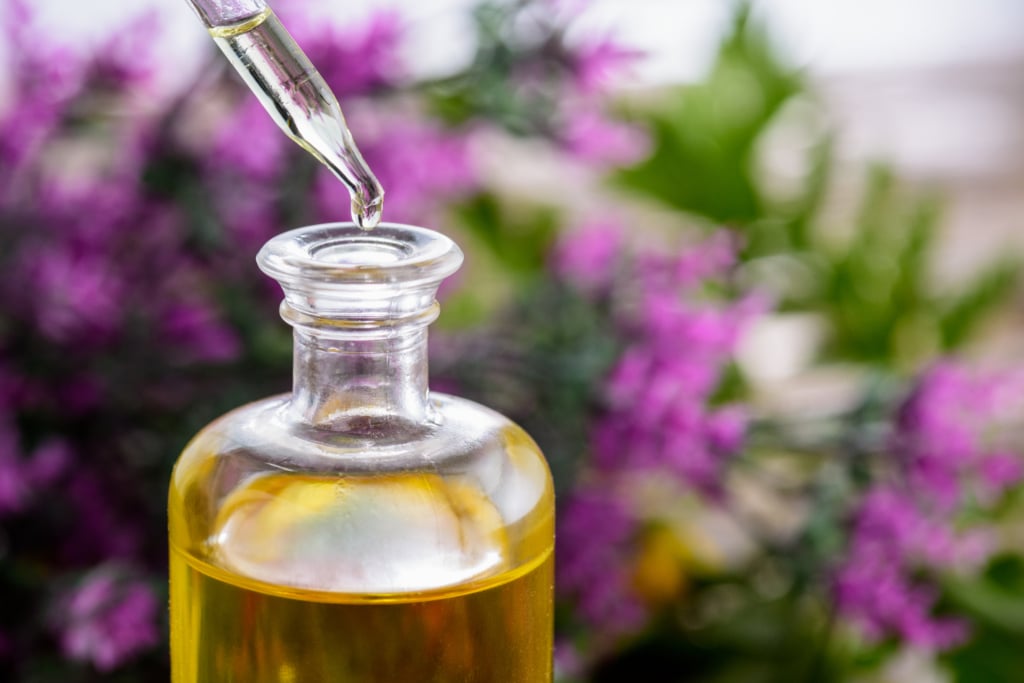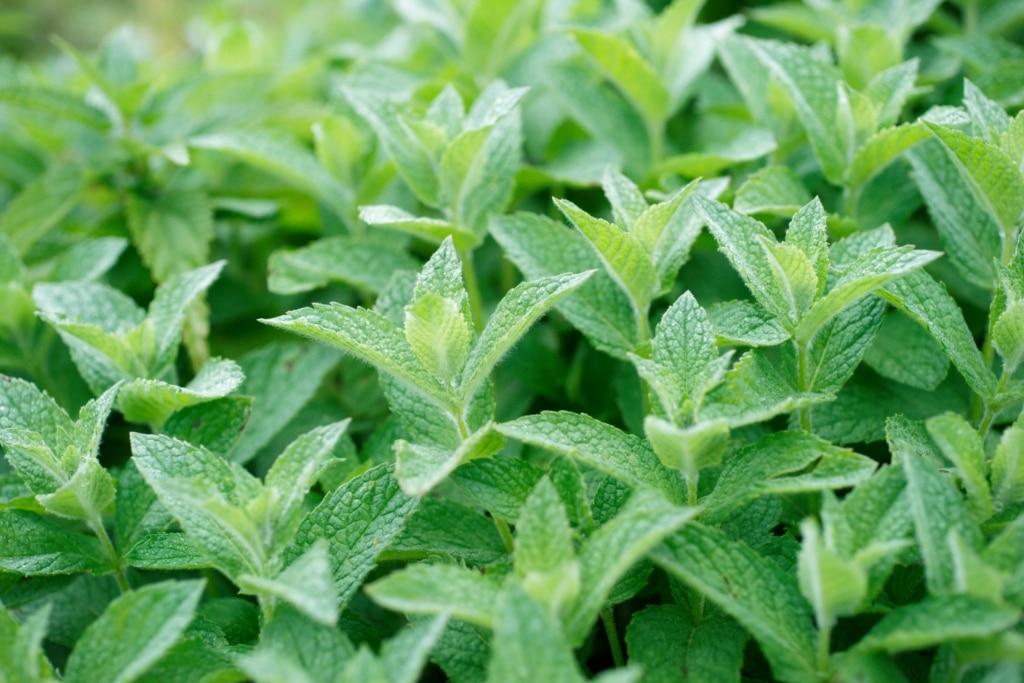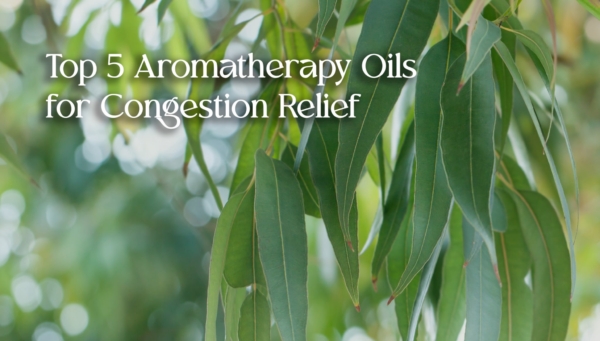
Congestion – the unwelcome guest that steals sleep, muddles your mind, and makes every breath feel like a struggle. When a stuffy nose or relentless sinus pressure strikes, finding relief can feel like an uphill battle. While over-the-counter remedies offer a quick fix, they often come with unwanted side effects. Many are turning to a more natural – and deeply soothing – solution: aromatherapy. For centuries, aromatic plants have been used to support breathing, clear airways, and calm inflammation, offering a gentle yet effective way to combat congestion.
In this article, we’ll explore the top 5 aromatherapy oils for congestion relief, how they work, and the best ways to use them for fragrant support. Whether you’re battling seasonal allergies, a lingering cold, or just want to breathe a little deeper, these botanical powerhouses can help you reclaim clarity and balance – one breath at a time.

Aromatherapy for Nasal Congestion: How it Works
Aromatic plants naturally release volatile compounds known as essential oils into the air around us. These same potent compounds are captured through steam distillation, concentrated, and bottled into the tiny vials commonly used in aromatherapy. When inhaled, the microscopic molecules of essential oils travel deep into our respiratory system, where they’re absorbed into the surrounding tissues and their therapeutic properties begin to take effect – clearing congestion, calming inflammation, and supporting overall respiratory health.
Some essential oils act as natural bronchodilators, helping to open the airways and ease breathing. Others have mucolytic and expectorant properties, breaking down and clearing mucus from the lungs. Many also possess powerful anti-inflammatory effects, reducing swelling and irritation in the respiratory tract. To dive deeper into how aromatic plants support respiratory wellness, check out our full blog article on the topic here.
Top 5 Essential Oils for Congestion Relief

Peppermint (Mentha piperita)
Peppermint is a refreshing, invigorating herb celebrated for its ability to open the airways and encourage deep, clear breathing. Thanks to its natural expectorant properties, Peppermint oil helps cleanse the respiratory system while offering soothing congestion relief. Rich in menthol – a potent and cooling compound – this essential oil acts as a powerful decongestant, soothing inflamed nasal passages and loosening stuck mucus in the lungs and sinuses, making it easier to breathe.
Eucalyptus (Eucalyptus globulus)
Eucalyptus is arguably the most popular and one of the most effective essential oils for congestion. Renowned for its crisp, invigorating aroma, Eucalyptus is packed with eucalyptol, a powerful compound that helps open the airways, clear sinus passages, and support healthy respiratory function. With its natural anti-inflammatory, expectorant, and decongestant properties, this aromatic herb offers soothing relief when breathing feels like a struggle. Bonus: Eucalyptus works well as a natural oil for sinus infections due to its antiseptic properties.
Rosemary (Salvia rosmarinus ct. cineole)
Rosemary is a powerful decongestant with anti-inflammatory and mucolytic expectorant properties that help break up and clear stubborn mucus from the airways. By easing congestion and opening the lungs, it supports deeper, more comfortable breathing, which can be especially helpful for conditions like allergies, sinusitis, bronchitis, and asthma.
Note: Rosemary essential oil comes in several chemotypes. Salvia rosmarinus ct. cineole is especially valued for respiratory support, thanks to its high cineole (aka eucalyptol) content. However, it should be avoided for use with children under the age of 2.
Unlock Your Free Rosemary Issue Of...
🌿 The Aromatic Medicine Garden Membership 🌿
Are you ready for a deeper, holistic dive into the world of aromatic plants? See what our membership is all about with your free sneak peek issue all about Rosemary, including an hour-long plant talk & a 21-page plant profile pdf full of recipes & insights.

Thyme (Thymus vulgaris)
Thyme is widely revered for its deep affinity with the lungs and its long history of use in supporting respiratory health. Its strong, earthy-minty aroma is rich in thymol, a potent compound known for its expectorant, anti-inflammatory, and bronchodilating effects. Thymol helps loosen and clear phlegm from the respiratory tract, opening the airways. Herbalists and aromatherapists alike consider Thyme a powerful respiratory restorative, commonly used to address conditions such as sinusitis, bronchitis, asthma, pharyngitis, pneumonia, and unproductive coughs.
Note: Thymus vulgaris comes in several different chemotypes, many of which are traditionally used to support respiratory health, particularly Thymus vulgaris ct. linalool and Thymus vulgaris ct. thymol. The thymol chemotype is especially potent and should be properly diluted before use (never exceeding a 1% dilution ratio). For more information, check out our Essential Oil Dilution Chart here.
Tea Tree (Melaleuca alternifolia)
Tea tree is a powerful essential oil for congestion, thanks to its antimicrobial, anti-inflammatory, and mild expectorant properties. When inhaled, its potent aroma helps open the sinuses and airways, offering soothing relief from stuffiness. Its natural compounds work to reduce inflammation in the nasal passages, calm irritated tissues, and fight off microbes that can cause respiratory infections. Plus, Tea Tree oil can help loosen and thin mucus, making it easier to clear from the lungs and sinuses, ultimately promoting easier, deeper breathing.

How to Use Aromatherapy Oils for Congestion Relief
There are many ways to use aromatherapy for nasal congestion:
Direct Inhalation: Unscrew the cap of the essential oil bottle, hold it just beneath your nose, and take a few slow, deep inhales. Be sure not to let the oil touch your skin, as undiluted essential oils can cause irritation.
Steam Inhalation: For more intense congestion, steam is an excellent method to open the airways and deliver essential oils deep into the respiratory system. Add 1–2 drops of essential oil to a bowl of hot, freshly boiled water, close your eyes, and inhale the steam. Drape a towel over your head for a more concentrated herbal steam. Alternatively, add a drop of essential oil to the shower floor for aromatic relief during a hot, steamy shower.
Essential Oil Diffuser: Add 1-4 drops of essential oil to a diffuser to disperse the aroma into the air. This gentle, continuous method allows for consistent inhalation throughout the day or night.
Aromatic Bath: Dilute a few drops of essential oil into a carrier oil or liquid castile soap, then mix into a warm herbal bath. As you soak, inhale the steam for both physical and aromatic benefits. For more on creating therapeutic baths, check out our article: The Art of the Herbal Bath.
These tips are just the beginning when it comes to using aromatherapy for respiratory health. For a deeper dive into lung-supportive aromatic plants and more detailed wellness recipes, click here.
Aromatherapy Oils for Holistic Health
When you’re battling congestion, every clear breath feels like a small victory. In moments like these, nature offers a quiet kind of power: fragrant, potent, and deeply restorative. Turning to an aromatherapy oil for congestion isn’t just about symptom relief; it’s about reconnecting with the healing intelligence of plants and our own body's wisdom. These essential oils don’t just open airways – they invite calm, clarity, and a return to balance. As you begin to incorporate these aromatic plants into your wellness rituals, may each inhale bring not just physical ease, but a renewed sense of vitality and peace.
Article Written By Melissa Szaro

© 2025 The Northwest School of Aromatic Medicine. All rights reserved.
*The statements above have not been evaluated by the FDA, and are for educational purposes only. This article is not intended to diagnose, treat, cure, or prevent any disease. This article should not be taken as medical advice. Please consult your physician before you use this information for health purposes.
